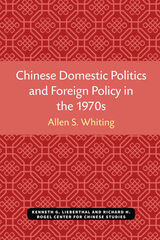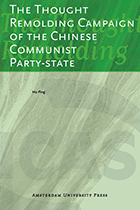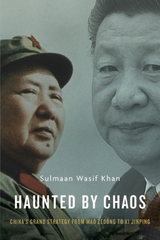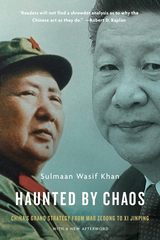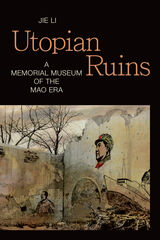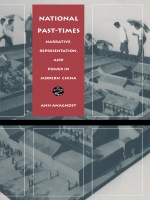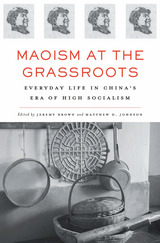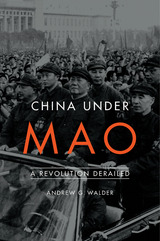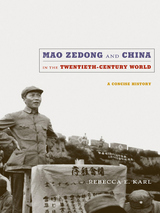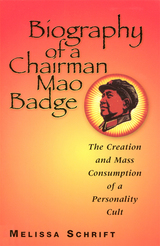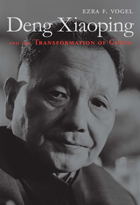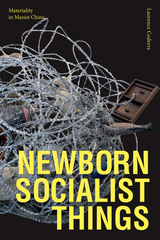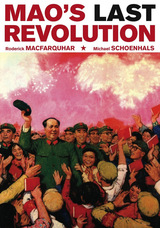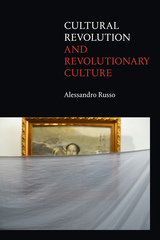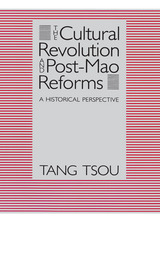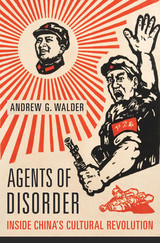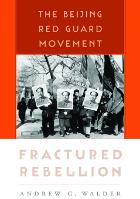Paper: 978-0-674-79673-7
Library of Congress Classification DS778.M3A5 1989
Dewey Decimal Classification 951.050924
In 1957 and 1958, Chairman Mao Zedong led China into two major experiments: the Hundred Flowers policy of encouraging literary and political free expression and the economic Great Leap Forward. Each was a disaster. Repression followed the first when it became clear that intellectuals would criticize the Communist Party itself; famine followed the second.
During two crucial years when the movements were being initiated, however, Mao addressed various Party groups behind closed doors to explain the new policies and exhort compliance. Recorded at the time and collected for limited circulation in the 1960s by his admirers among the Red Guards, the speeches, question-and-answer sessions, and letters here translated have never before been published in China or the West. These new, candid materials revise our understanding of how the policies developed and reveal not only the extent of Mao’s power but the startling flights his untethered thought could take.
Introductory essays by Roderick MacFarquhar, Benjamin Schwartz, Eugene Wu, Merle Goldman, and Timothy Cheek provide a context for evaluating and interpreting the nineteen texts translated in this volume.
See other books on: Cheek, Timothy | Cultural & Ethnic Studies | Great Leap Forward | MacFarquhar, Roderick | Political Science
See other titles from Harvard University Press

